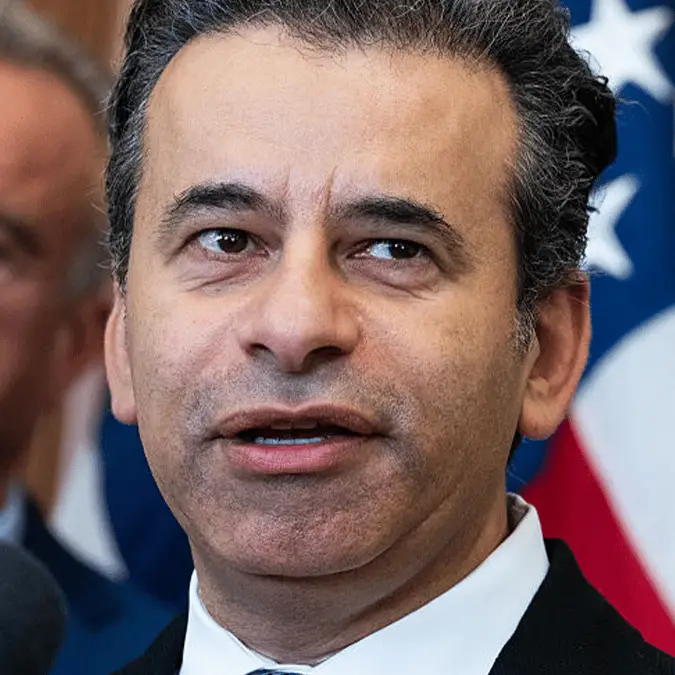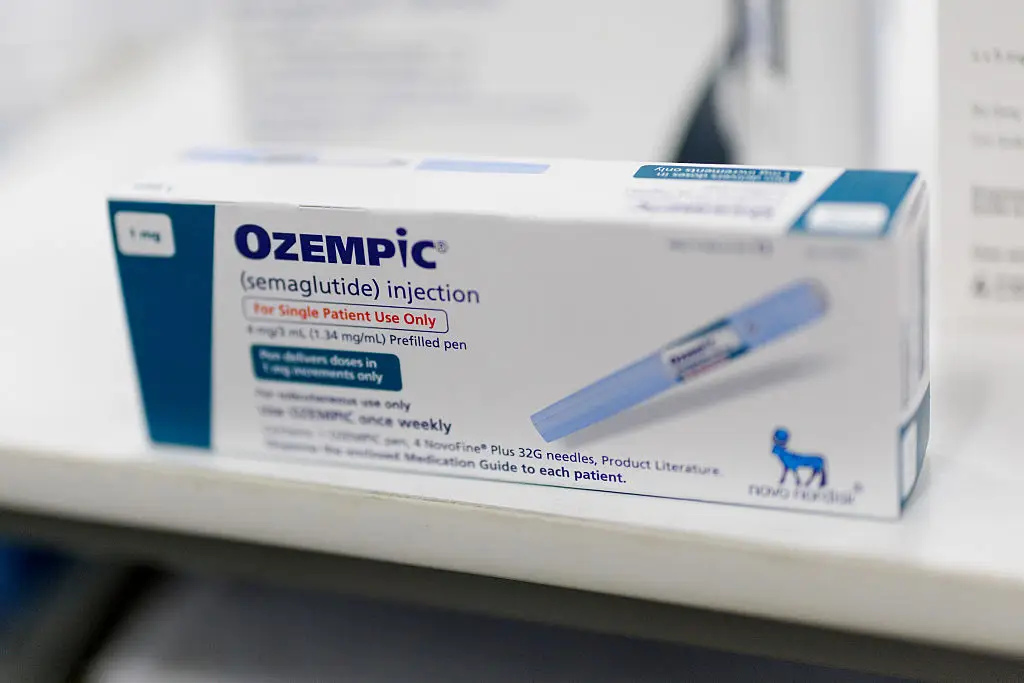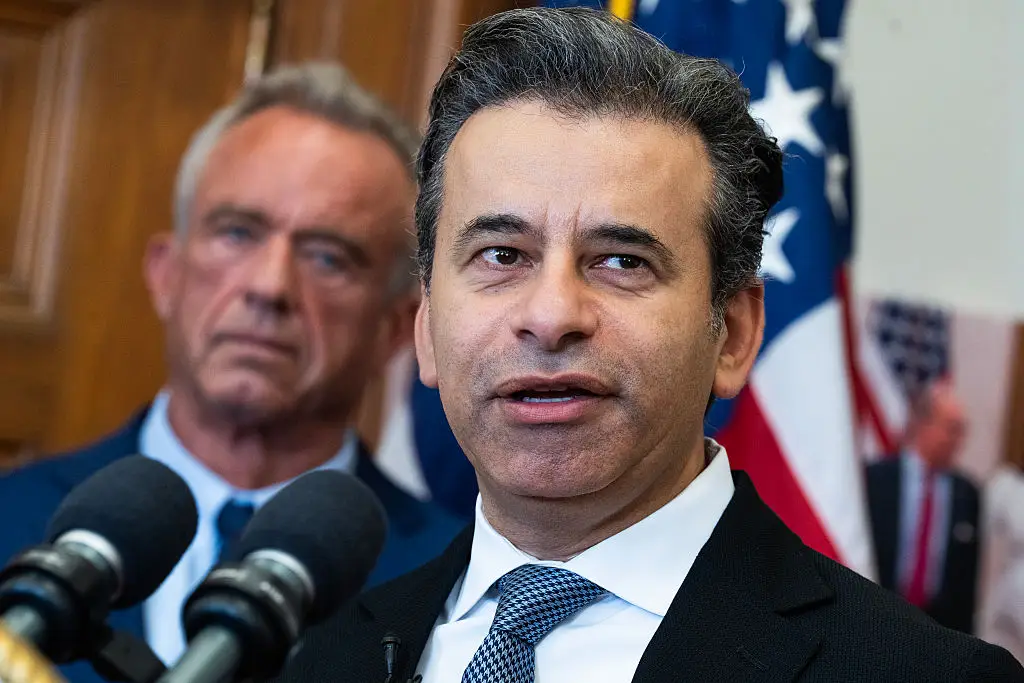
Weight loss drugs like Ozempic and Mounjaro have become incredibly popular alternatives to traditional methods of shedding the pounds, yet they could now face significant challenges in an area that you might not expect.
There's a good chance that you've seen a celebrity or even someone you know experience the miraculous effects of weight loss drugs, otherwise referred to as GLP-1 inhibitors.
These injections, intended initially for diabetic patients, affect our bodies by speeding up digestion and making you want to eat less overall, and that's key to how it is able to be so effective in such a short period of time.
While seeing it in action through gruesome simulations can probably put you off ever taking them, and worrisome side effects including bad breath and dental issues have concerned many, it's actually one unexpected issue that could slow down the growing revenues of the companies behind these drugs.
Advert

As reported by The News Tribune, the key Big Pharma brands at the heart of this challenge are Eli Lilly, who produce Zepbound and Mounjaro, and Novo Nordisk, who have pioneered Wegovy and Ozempic.
These two giants are also joined by telehealth company Hims & Hers, who have offered GLP-1 alternatives that attempt to widen access to weight loss drugs and lower the price, convenience, and after care.
Science and the lack of long-term testing might be at the heart of the concerns for many, but for the government and key regulators its how these brands are advertising their products that's the issue.
Formal warning letters have just been handed to Eli Lilly, Novo Nordisk, and Hims & Hers by the Food and Drug Administration (FDA), flagging specific interviews and marketing materials as misleading by either downplaying the negatives or exaggerating the benefits.
Specifically, the FDA has called out an Oprah Winfrey special that aired in 2024, where representatives from Eli Lilly and Novo Nordisk failed to accurately provide equal weighting to warnings and serious side effects compared to discussions surrounding the benefits of these drugs.

This is all linked to a recent executive order signed by US President Donald Trump that mandates drug manufacturers to provide a greater level of disclose in advertisements, and FDA Commissioner Marty Makary has revealed that the regulator is planning to send out nearly 100 cease-and-decist letters.
Once these have been sent out, the affected companies will have just 15 days to respond otherwise they will face significant legal action, and it could prove to be a major thorn in the side of a business that is estimated to generate over $100 billion in sales by the end of the decade.
